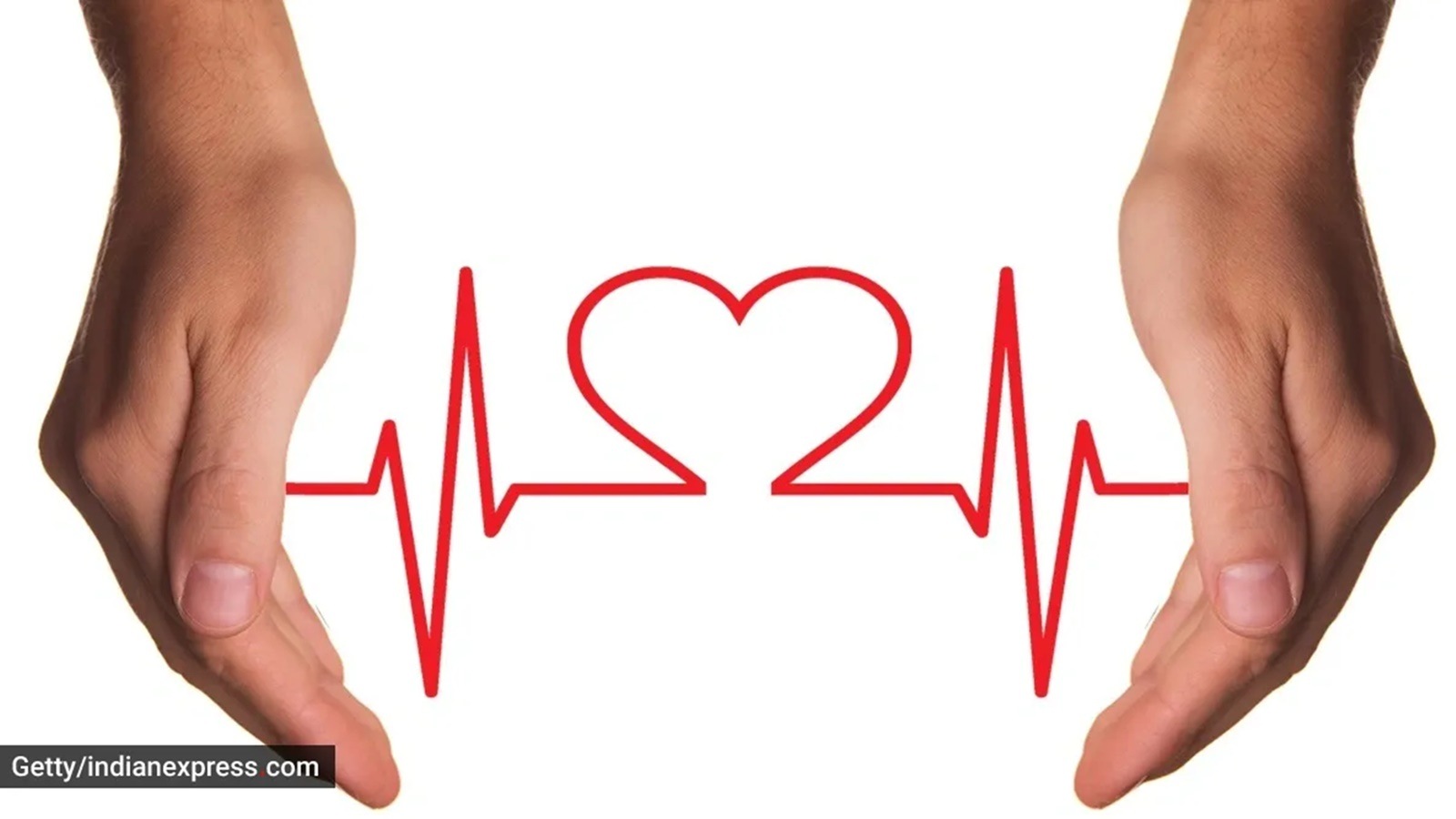Diabetes, a metabolic condition, is a lifestyle ailment that can prompt drastic measures not just to control blood sugar levels but also to prevent other life-threatening health conditions.
Dr Aklesh Tandekar, head consultant, critical care, Wockhardt Hospitals, Mira Road, told indianexpress.com that one should ensure to manage his/her diabetes levels to prevent cardiac, kidney, liver, and gallbladder problems. “A person with diabetes can reduce the risk of cardiovascular and circulatory problems by managing blood sugar levels. If your diabetes is not well controlled, the sugar level in your blood goes up, which is called hyperglycemia or high blood sugar. This high blood sugar can cause damage to tiny blood vessels in your body, making it hard for blood to get to your organs. Damage to blood vessels occurs most often in the eyes, heart, gallbladder, feet, liver, and kidneys,” said Dr Tandekar.
Dr Tandekar explained that having kidney disease makes diabetes worse as one is more likely to develop heart disease, stroke, blindness, nerve damage, and foot amputations.
So, what can help?
Dr Tandekar said that, along with exercise, it is equally important to eat a well-balanced diet loaded with fresh fruits, vegetables, whole grains, pulses, and lentils. “One will also have to avoid junk, spicy, oily, and canned food, take medication recommended by the doctor, check blood sugar levels at home as suggested by the doctor, do an (HbA1c) test every 6-8 months, and sleep well,” said Dr Tandekar.
 Here’s why it is essential to take care (Source: Getty Images/Thinkstock)
Here’s why it is essential to take care (Source: Getty Images/Thinkstock)
What to note?
– Reduce sodium intake: Limit sodium consumption to less than 2,300 milligrams daily.
– Increase potassium intake: Include potassium-rich foods like bananas, leafy greens, and sweet potatoes in your diet.
– Stay hydrated: Drink plenty of water throughout the day.
– Manage stress: Practice stress-reducing techniques like meditation, deep breathing, or yoga.
– Get enough sleep: Aim for 7-8 hours per night.
Story continues below this ad
– Monitor blood pressure: Regularly check your blood pressure at home or a healthcare facility.
– Maintain a healthy weight: Aim for a body mass index (BMI) between 18.5 and 24.9.
– Limit alcohol consumption: Men should limit alcohol intake to two drinks per day, while women should limit it to one drink per day.
– Quit smoking: Smoking cessation programs can help you quit smoking and lower your blood pressure.
Story continues below this ad
– Incorporate omega-3 rich foods: Fatty fish like salmon, walnuts, and chia seeds can help lower blood pressure.
– Try relaxation techniques: Progressive muscle relaxation, mindfulness, and biofeedback can help manage stress and lower blood pressure.
DISCLAIMER: This article is based on information from the public domain and/or the experts we spoke to. Always consult your health practitioner before starting any routine.



